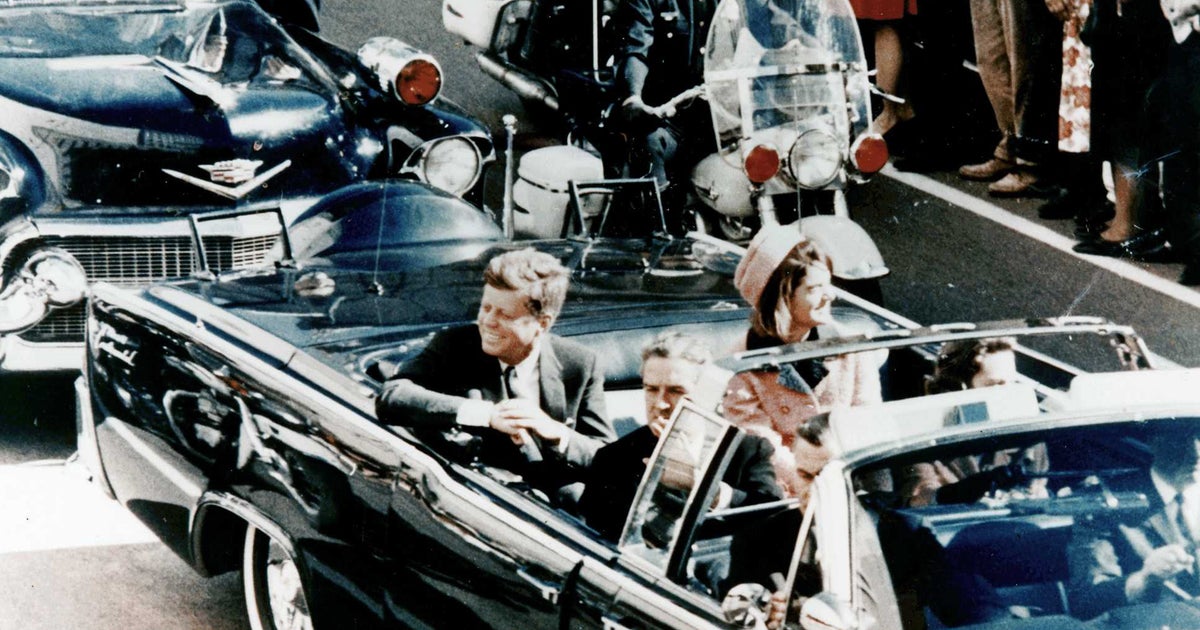As China looks to crack down on social inequality due to challenged economic growth and the pursuit of social stability, local authorities have closed down the social media accounts of three high profile, wealth-flaunting influencers with millions of followers, among others.
On Tuesday, three of China’s most talked about gala-attending, high jewelry-buying, Birkin bag-collecting personalities — Wang Hongquanxin, Baoyu Jiajie and Bo Gongzi, — saw their social media presence wiped out on Douyin, Xiaohongshu and Weibo.
Their social media handles became unsearchable on these platforms.
Wang is a Beijing-based influencer known for his luxurious lifestyle, collection of rare Hermès bags and jade jewelry. He recently opened a secondhand luxury store called Quranus by SKP Beijing. Last week, he was photographed attending a BMW event hosted by Naomi Campbell in Cannes.
Baoyu Jiajie, meaning Abalone Sister in Chinese, comes from a family that owns a luxury dried goods chain in Hong Kong and Macao that specializes in pricy dried abalone, fish maw, shark fin and swallow’s nest. In her social media posts, she can be seen frequently attending exclusive events and dinners alongside Hong Kong society elites and celebrities.
Bo Gongzi, meanwhile, is known to be a big spender at Hermès and the owner of a pricy Dior Men coat with embroidered feather motifs from the brand’s fall 2020 collection. He often posts about his luxury shopping and travel experiences and attending fashion and high jewelry trunk shows.
According to state-owned media The Cover, the ban is part of China’s effort to create a “social-ecological environment that is civilized, healthy and harmonious.”
Douyin said it had removed 4,701 messages and 11 accounts from May 1-7. Xiaohongshu said it had cleaned up 4,273 “illegal” posts in the past two weeks and closed 383 accounts, and Weibo said it had removed more than 1,100 pieces of content in the period, after carrying out special management work on “undesirable value-orientated content,” including content “showing off wealth and worshipping money.”
The crackdown on these influencers is a blow to luxury brands’ efforts to create localized viral content to promote brand awareness and introduce new styles in the form of user-generated video among Chinese consumers.







